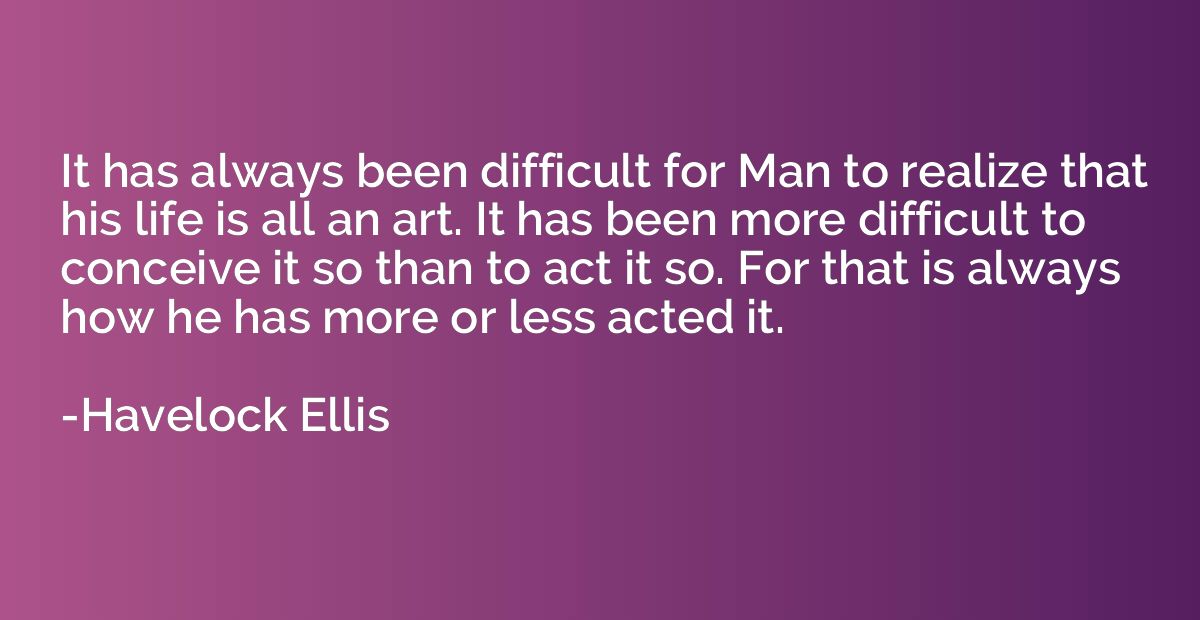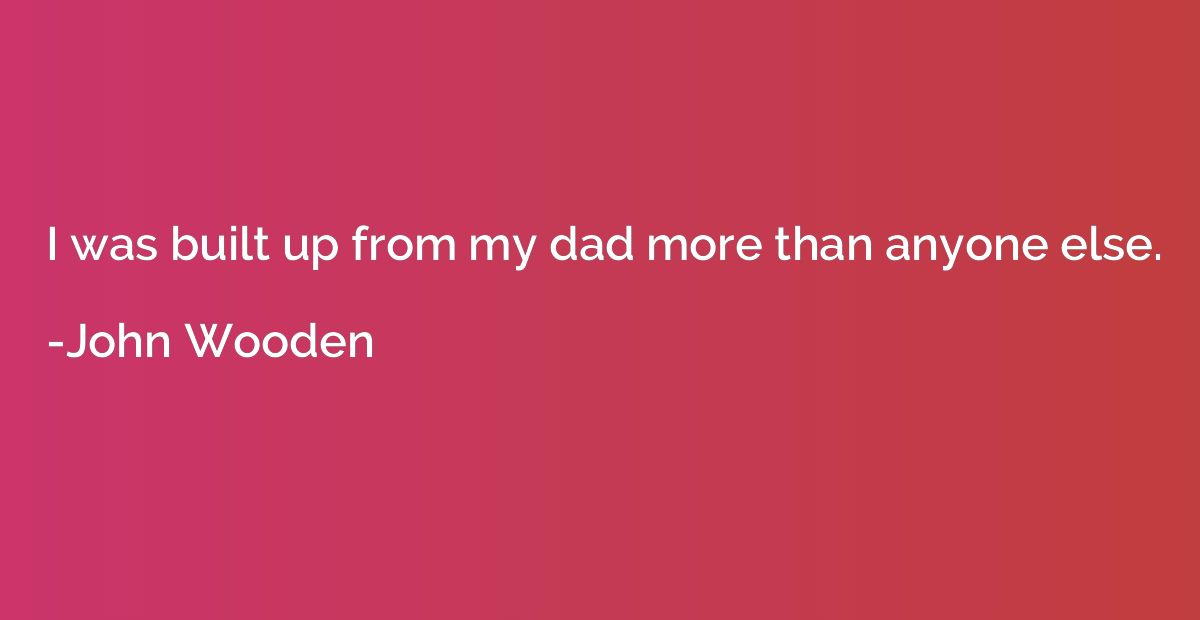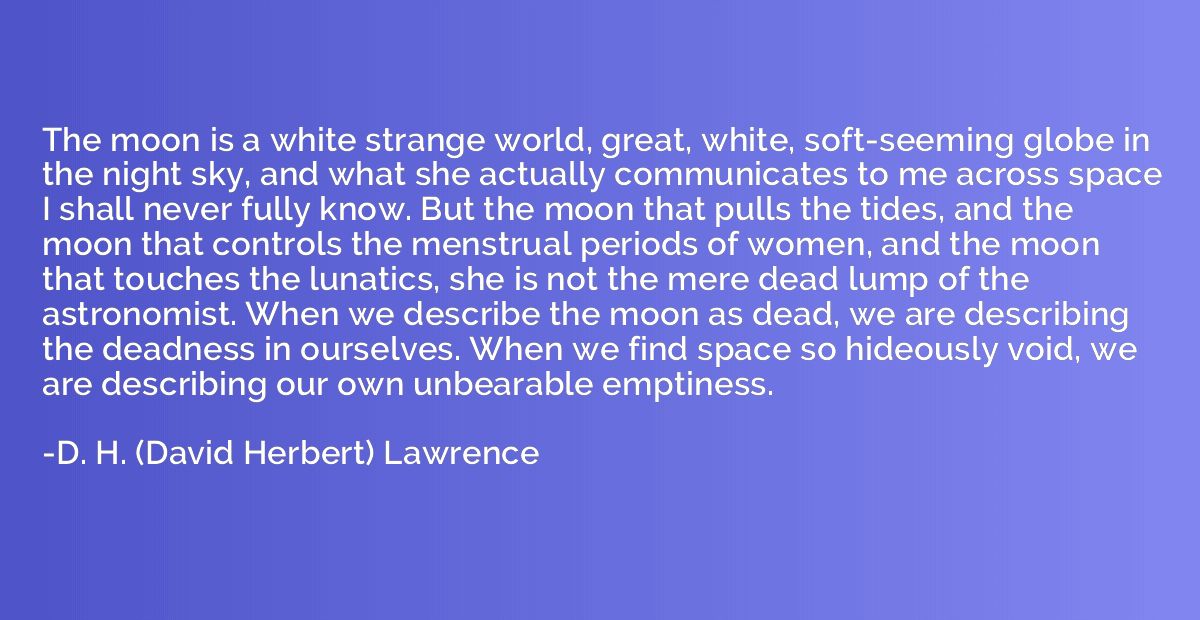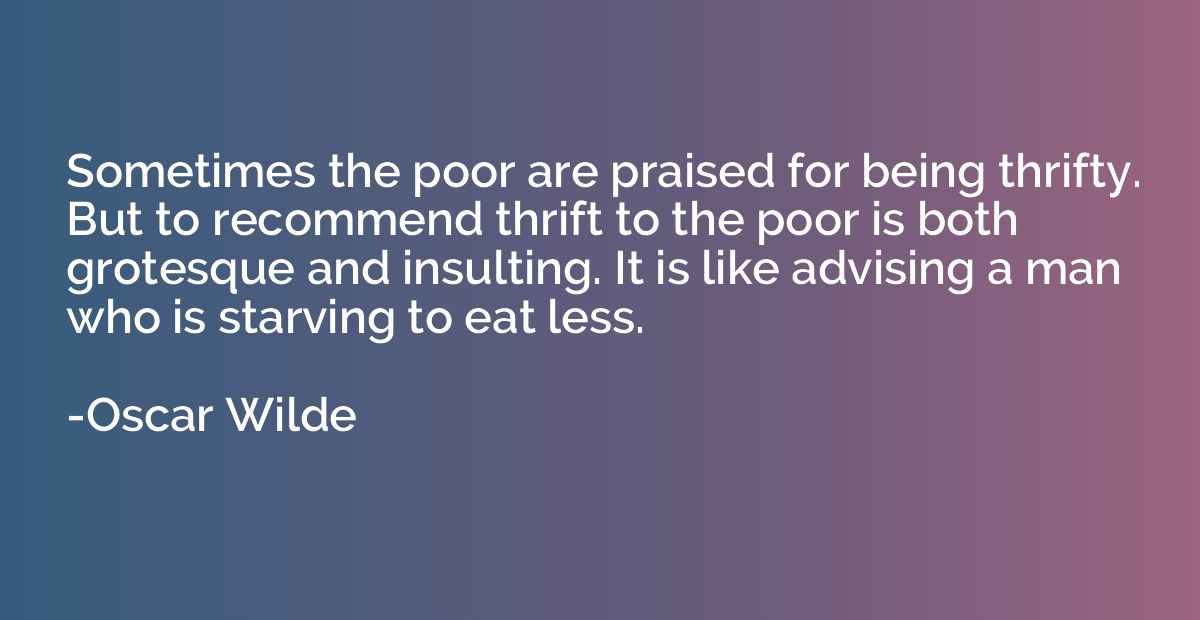Quote by Thomas Carlyle
Silence is the element in which great things fashion themselves together; that at length they may emerge, full-formed and majestic, into the daylight of Life, which they are thenceforth to rule. Not William the Silent only, but all the considerable men I have known, and the most undiplomatic and unstrategic of these, forbore to babble of what they were creating and projecting. Nay, in thy own mean perplexities, do thou thyself but hold thy tongue for one day: on the morrow, how much clearer are thy purposes and duties; what wreck and rubbish have those mute workmen within thee swept away, when intrusive noises were shut out! Speech is too often not, as the Frenchman defined it, the art of concealing Thought; but of quite stifling and suspending Thought, so that there is none to conceal. Speech too is great, but not the greatest. As the Swiss Inscription says: Sprecfien ist silbern, Schweigen ist golden (Speech is silvern, Silence is golden); or as I might rather express it: Speech is of Time, Silence is of Eternity.
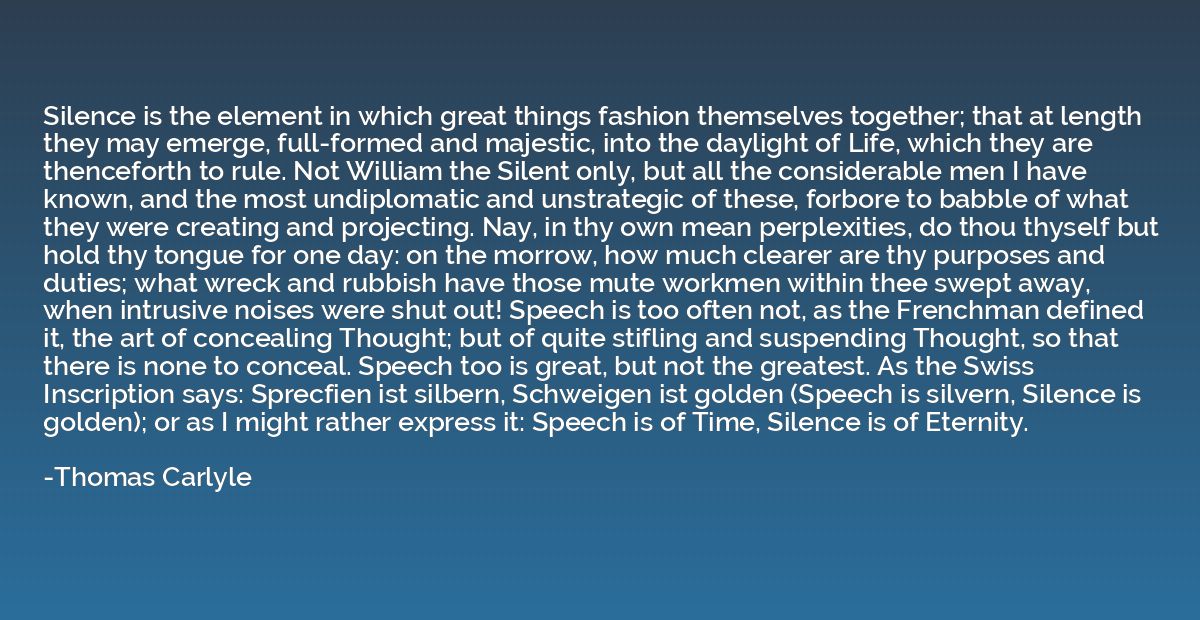
Summary
This quote emphasizes the power and importance of silence in the process of creation and self-reflection. It suggests that remaining silent allows great ideas and endeavors to take shape and flourish, eventually revealing themselves as strong and magnificent as they step into the light of existence. The quote reflects that even influential individuals like William the Silent understood the value of not babbling about their accomplishments during the process of creation. The quote also suggests that silence can bring clarity to one's thoughts and responsibilities, by allowing distractions and unnecessary noise to be eliminated. It concludes by implying that while speech is valuable, silence holds even greater significance and has a timeless quality that connects with eternity.



